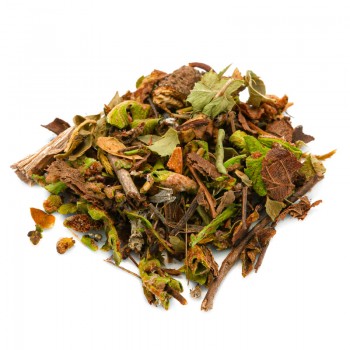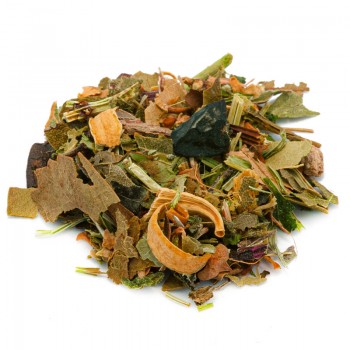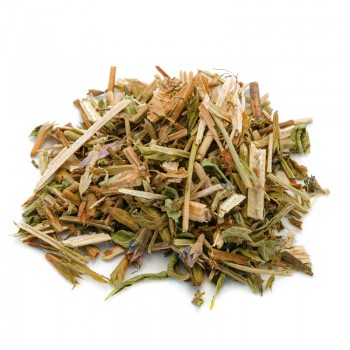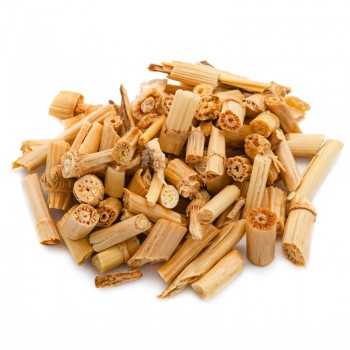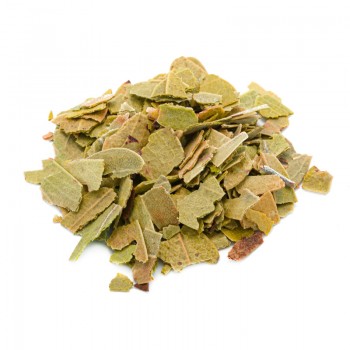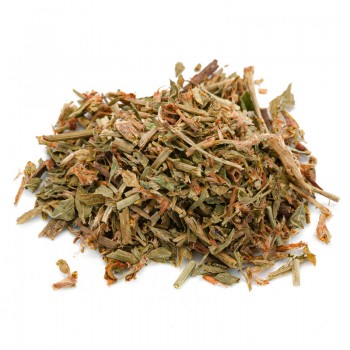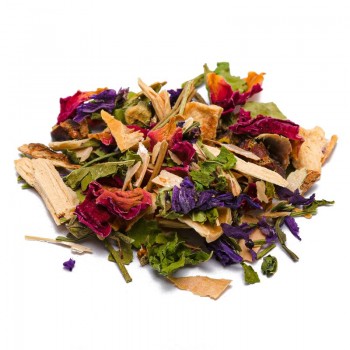All the aerial parts of this plant are used (therefore, the whole herb), to give benefit to bladder, prostate and kidney disorders.
Epilobium Parviflorum represents a beneficial medicinal herb thanks to some active ingredients, which also act for external use on a dermatological level.
Epilobium herb: properties and benefits
We know what are the advantages of this plant, since it has been introduced in herbal medicine, for the treatment of prostate and urinary tract disorders.
Today we are aware that willow herb contains high levels of beta sitosterol, a substance considered specific for the treatment of benign prostatic hyperplasia (BPH) or enlarged prostate .
These are common ailments for men over 50, so herbal medicine can be of great relief. Usually, an enlarged prostate interferes with the passage of urine from the bladder, causing pain, irritation, and in some cases infections.
The natural anti-inflammatory action of epilobium helps to soothe the burning sensation and pain when the prostate gland increases or when it becomes inflamed (prostatitis).
The plant acts through the active ingredient of beta-sitosterol, blocking the conversion of testosterone into DHT - the dihydrotestosterone hormone which is one of the triggers for prostate enlargement.
In addition, some tannins (enotein) of the epilobium have been identified as useful components to reduce the enzymes that favor prostate diseases.
Other substances contained in this herb seem to have the additional ability to prevent the body from releasing inflammatory prostaglandins, which are involved in the hair loss process.
The action of the epilobium is astringent and refreshing. By acting on the urinary tract, epilobium can give benefits for bladder disorders, inflammation of the uro-genital system, and improve kidney functions.
It is effective against cystitis and urethritis, thanks to some bioflavonoids and active ingredients .
The epilobium is also useful to counteract urinary incontinence in both men and women.
While the flavonoids of its composition create a natural anti-inflammatory action, the tannins of the epilobium help to decrease bleeding such as gastric ulcers, regulate too abundant menstruation, relax and abstract the fabrics.
Other benefits of this herb, in fact, are linked to astringent actions, contrasting gastro-intestinal disorders, diarrhea or irritable bowel syndrome.
This plant has been studied as a natural antibacterial, which can also help in case of infections, as a support to other medicinal treatments.
Topically, for external use, epilobium can be used as an emollient, soothing and healing agent to treat some skin irritations. It is useful on minor burns, rashes, eczema, ulcers and other states of skin redness, even for children.
It is also useful against canker sores and inflammation of the oral cavity.
Origins and History of cultivation
The Native Americans knew it, being a plant widespread on many continents. They collected the sprouts to consume them in vegetables, since they included a good supply of vitamins A and C.
They used the stem to create beneficial ointments for cuts and burns, with a soothing and natural antibiotic effect.
Apart from these uses, in the herbal history of other countries the Epilobio has not had many references in the past; we know that it is mentioned in the pharmacopoeia at the end of the nineteenth century.
It was around 1982 that a phytotherapy scholar, Maria Treben, spread the properties of this medicinal herb to relieve many ailments of the prostate and bladder.
Plant and flowers
This small-flowered perennial plant, Epilobium parviflorum belongs to the Oenotheraceae family. It is historically present on many continents: Europe, North Africa, North America, Western Asia - India.
It shows up
with stemless leaves that bend like willow near the ground; small pink or purple flowers with capsules containing small black seeds emerge from the erect stems.
It grows up to about 80 meters, best in moist but well-drained soil, sunny or in partial shade. It grows best in the habitat of swampy areas, meadows and mountain slopes, at a fairly high average altitude above sea level.
It is good to remember that there are various types of Epilobium, but it is the parviflorum species that possesses beneficial properties for the genito urinary tract.
Nutritional values of Epilobium
Epilobium contains tannins and related compounds, dietary fiber, phosphorus, antioxidants (flavonoids such as quercetin), phenolic acids, riboflavin, vitamins C and A.
It also makes available steroids and triterpenes, and the active ingredients of beta-sitosterol, myricetol-3-0-beta-D-glucuronide, gallic acid - benefits for the action on prostate and urinary tract.
How to use Epilobium herb in herbal tea
The infusion of Epilobio, is obtained by inserting in a cup (250 ml), about 3-5 grams of the herbal tea cut, with water at 100 ° C.
Leave to infuse for 5 to 8 minutes, before drinking the herbal tea.
Add honey or sugar if desired.
Epilobium: side effects and contraindications
Generally it is good to limit the consumption in the recommended doses, if you do not want hypersensitivity effects towards some components of Epilobium parviflorum.
The use of this plant is, however, not recommended for pregnant and breastfeeding women.

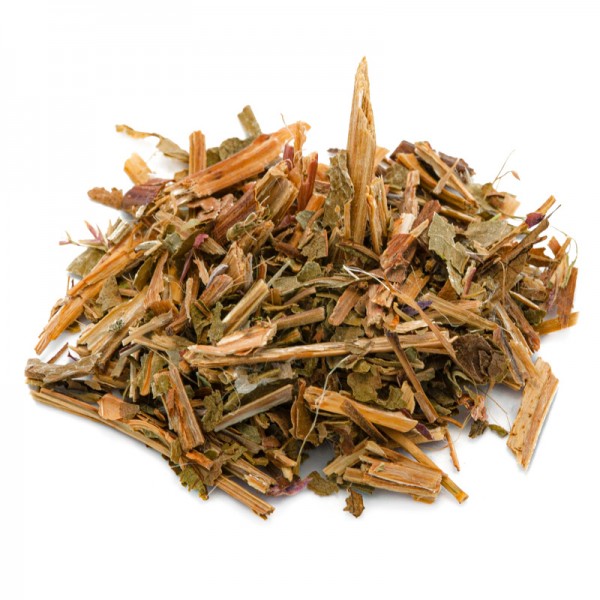









 No reward points for this product.
No reward points for this product.
